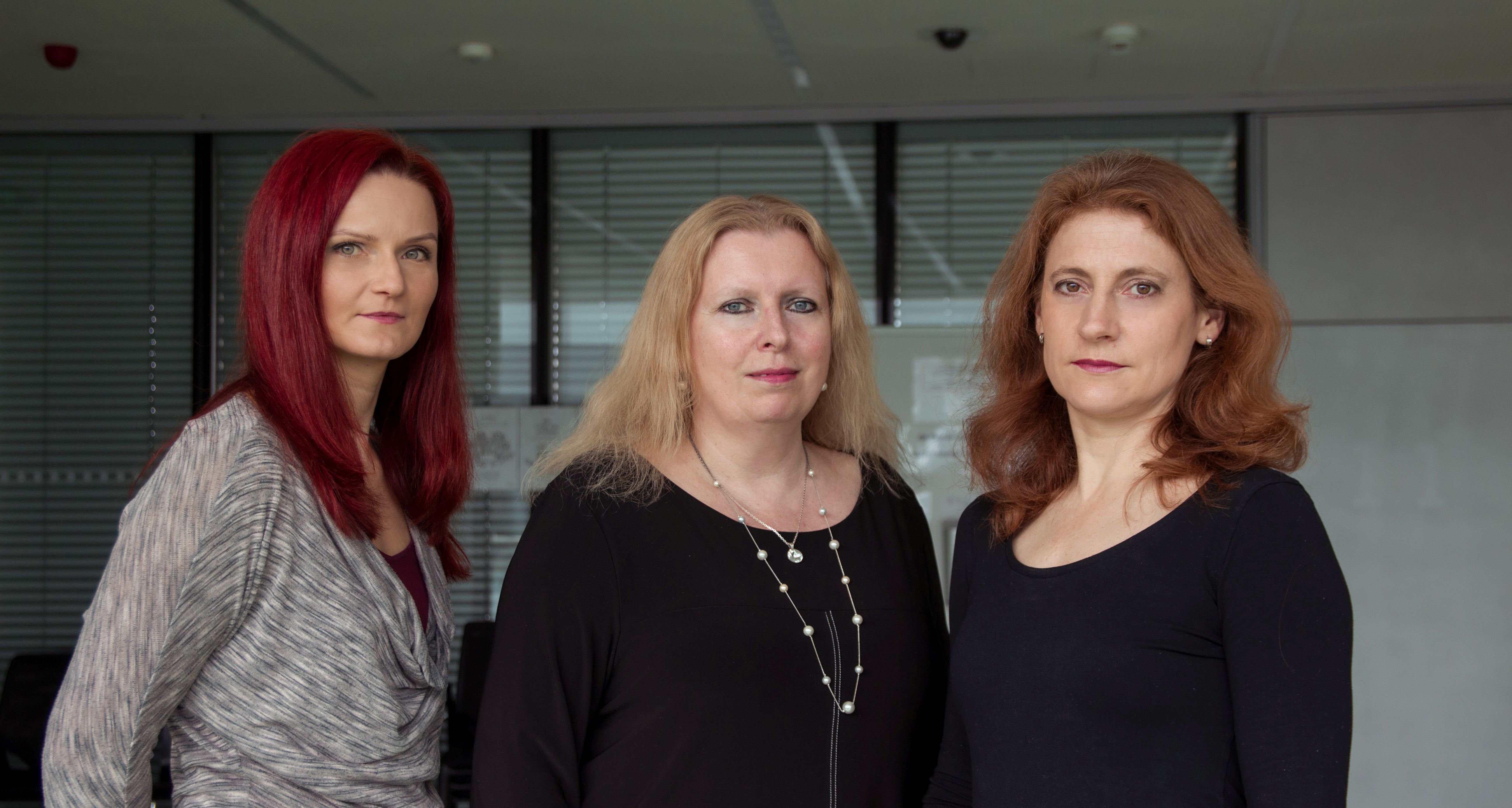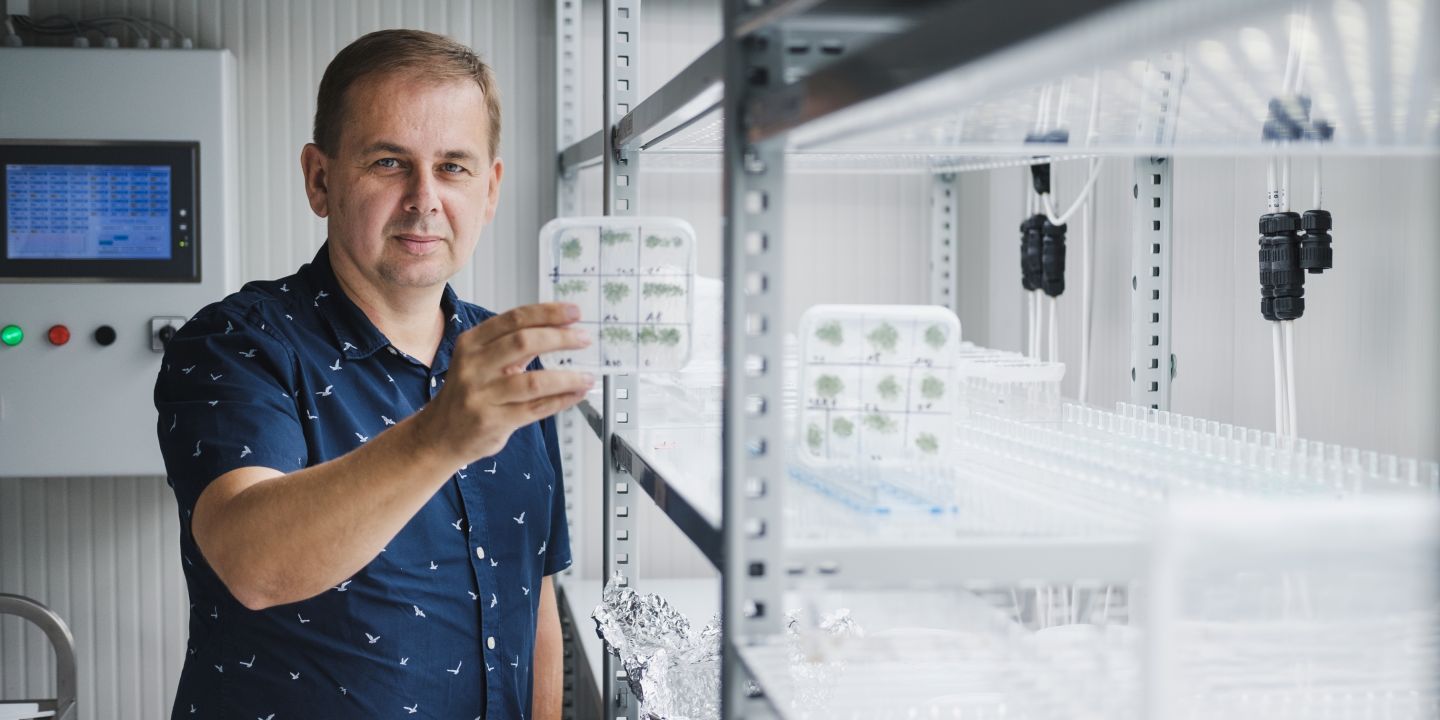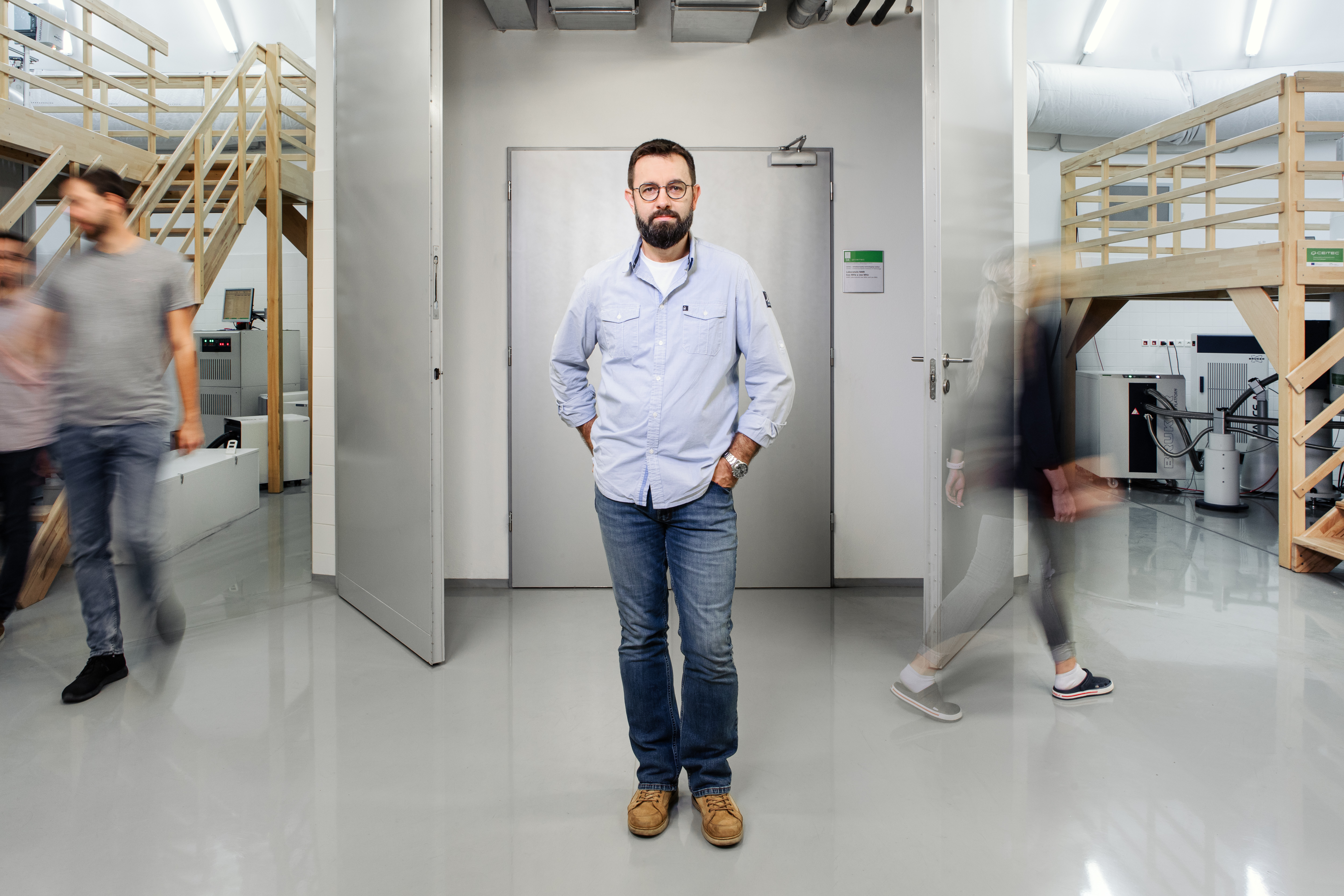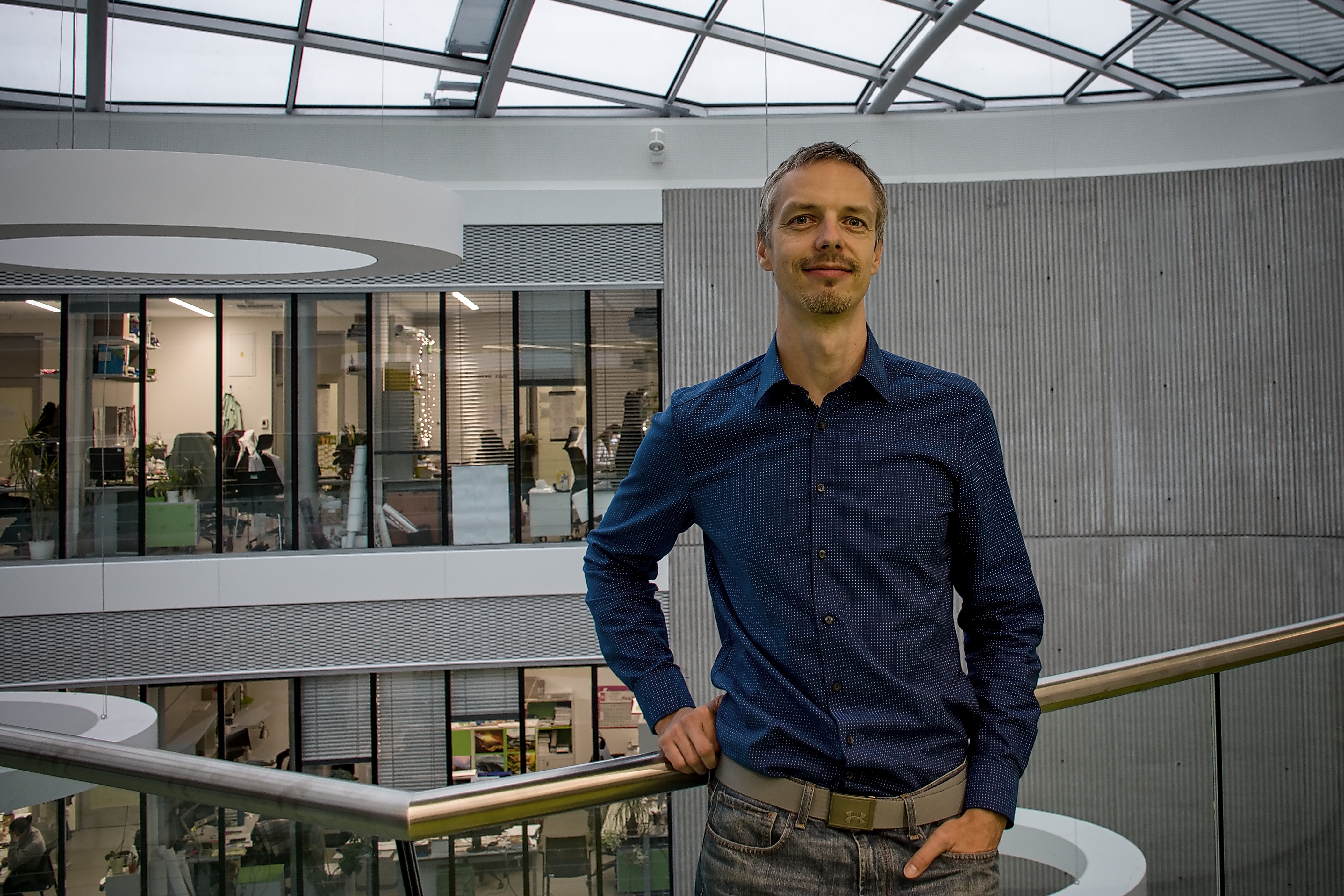23. Nov. 2021
Vice-Rector Sarka Pospisilova awarded 38 scientists from Masaryk University for their significant achievements in research and their publication outputs in 2020 and 2021. The distinguished researchers received the MUNI Scientist Award at the annual GAMU conference that took place in the Augustinian abbey on 22 November 2021. Among the awarded scientists were Jitka Malcikova, Sarka Pavlova, Marek Mraz, Irena Rektorova, Karel Riha, Lukas Trantirek, and Robert Vacha from CEITEC MU.
Jitka Malcikova and Sarka Pavlova were awarded for their internationally recognized achievements in the field of leukaemia research, involving high-ranking publications and the coordination of European Certification in TP53 mutation analysis. Malcikova and Pavlova described the clinical significance of mutations in a key tumour suppressor called TP53, which is a central defender of cells against cancer. The results of their research were published in the most prestigious haematological journal Blood, with an impact factor of 17.7.

Marek Mraz was awarded for a publication describing the RNA molecule miR-29, which modulates CD40 signalling in chronic lymphocytic leukaemia by targeting TRAF4 – an axis affected by a BCR inhibitor. Marek Mraz and his team revealed a previously unknown function of TRAF4 in the CD40 pathway and miR-29 regulation by MYC and BCR activity. This study has implications for therapy since a synthetic RNA molecule miR-29 could be potentially used as a therapeutic agent in CLL. The research results were published in the journal Blood, with an impact factor of 22.1.

Irena Rektorova was awarded for her demonstration of the long-term effect of non-invasive brain stimulation using a pulsing magnetic field on speech disorders in patients with Parkinson's disease. She managed to discover a new dynamic electrophysiological marker of the prodromal stage of the disease. Rektorova was recently appointed as Chairwoman of the Committee of the European Academy of Neurology for the organization of educational courses in neurology.

Karel Riha was awarded for his research results concerning nonsense-mediated RNA decay factor UPF1, which is critical for posttranscriptional and translational gene regulation in Arabidopsis. The research was conducted in his research group together with Vivek Kumar Raxwal. Riha made an unexpected discovery that demonstrated that the evolutionary conserved helicase UPF1, which has been primarily associated with RNA quality control, plays a much broader role in the regulation of gene expression. Karel Riha is an elected member of the prestigious European Molecular Biology Organisation EMBO, and has been actively engaged in national and international discussions on the future of genome editing technology in the EU. He is a national coordinator of EU-SAGE and a member of the Expert Committee of the think-thank Re-Imagine Europa.

Lukas Trantirek was awarded for the discovery of a novel DNA folding topology, namely the DNA pseudo-circular G-hairpin (PGH). His team characterized an unprecedented DNA structure, which revealed previously unknown principles of folding G-rich oligonucleotides that can be applied to both the prediction of natural and design of artificial recognition DNA elements. Trantirek´s findings have important implications for DNA biology and nanotechnology.

Robert Vacha was awarded for his outstanding scientific results in the field of antimicrobial peptides. In 2020, Vacha received a prestigious ERC Consolidator Grant to design a new generation of peptides that will be able to selectively target the membranes of pathogens and could serve as a basis for the development of novel antibiotics. In addition, Vacha published a number of original articles in Q1 journals as a corresponding author as well as a review of the recent findings of his team that was published in the renowned Accounts of Chemical Research in 2021.



 Share
Share